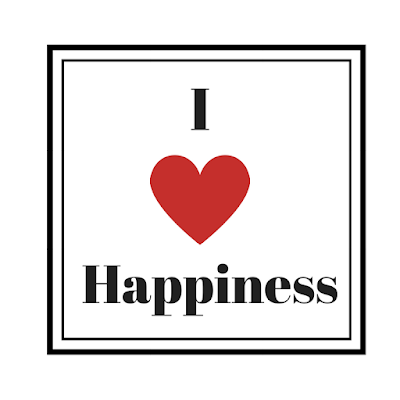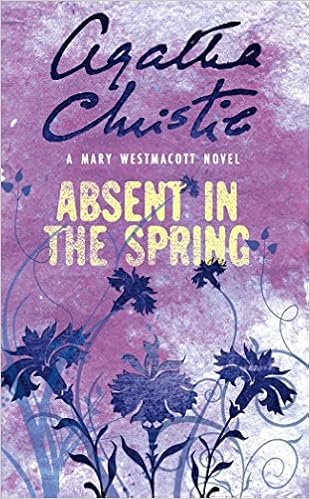 |
| Photo by gabrielle cole on Unsplash |
“So many of us believe that to be joyous we need to do a lot
of work. But the truth is, our essence is already sparkling with happiness and
bliss. All we really need to do is cultivate good internal habits to allow our
divine spark be revealed.”
—Tzivia Gover, Joy in Every Moment











